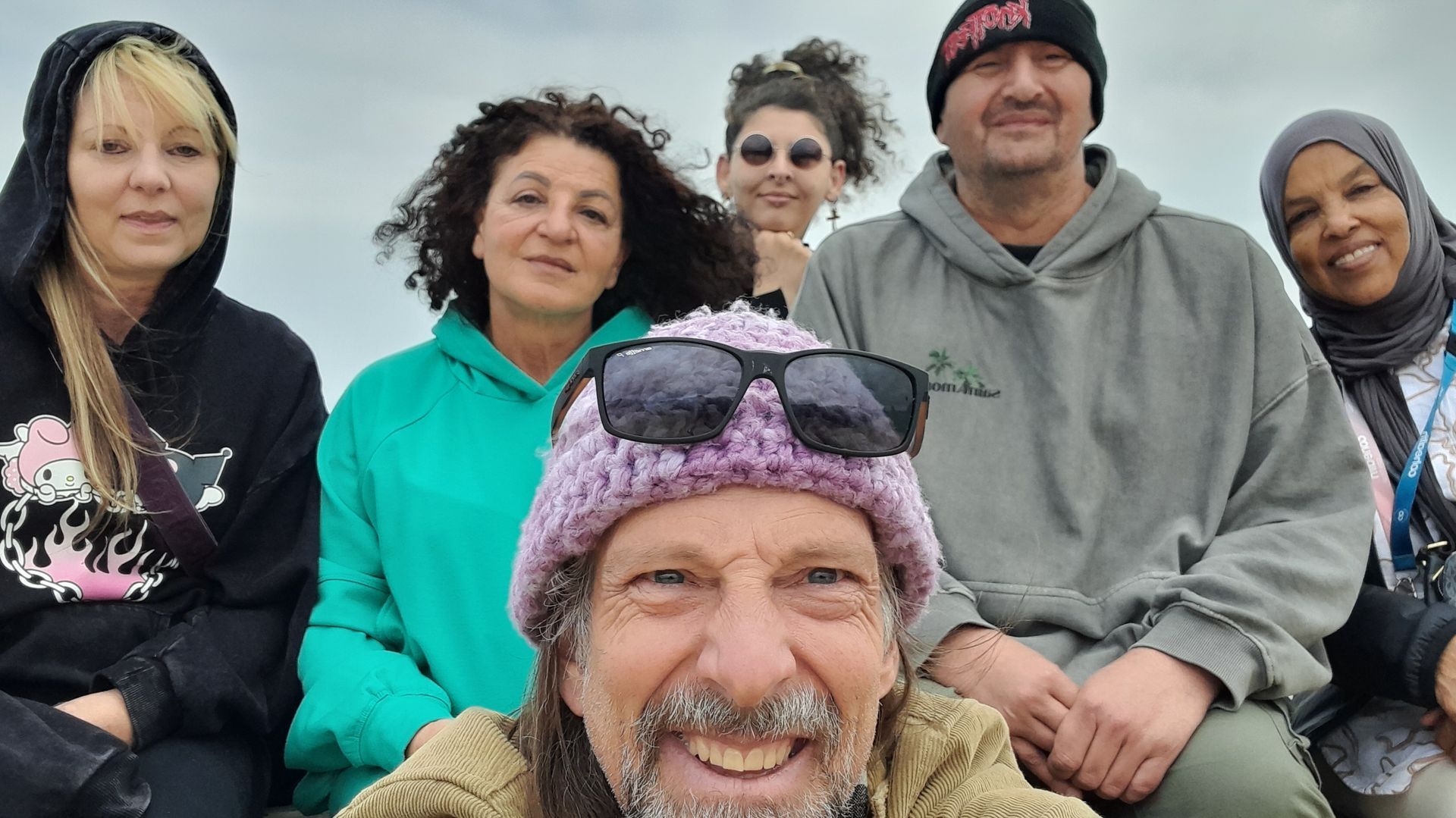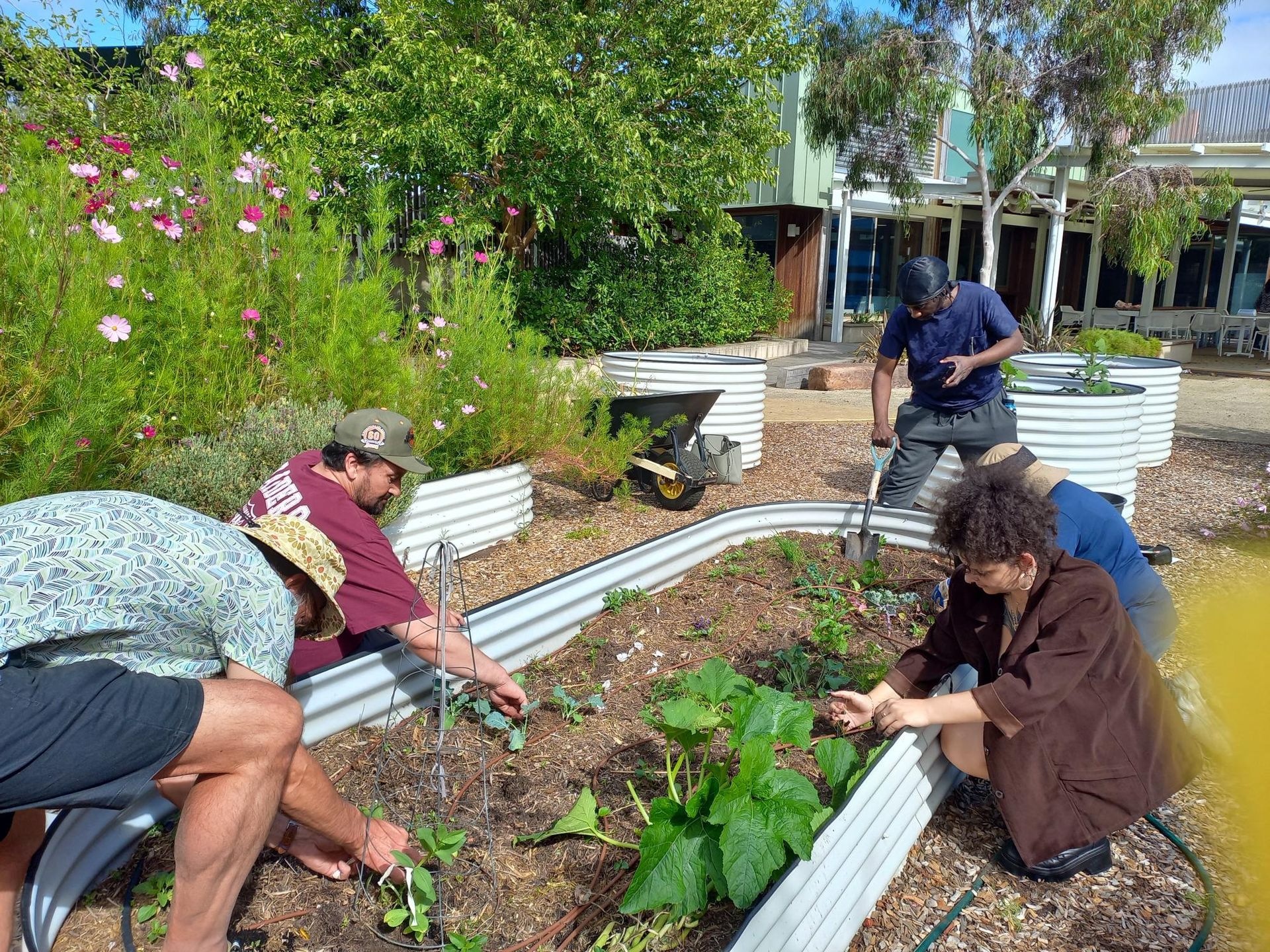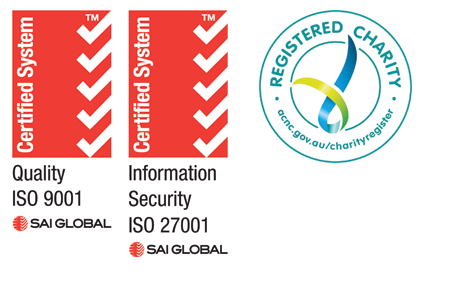In a Wyndham garden, hope flourishes
By Mary-Anne Toy
It’s getting cold so the gardeners are rugged up as they dig inside the plot at Saltwater Community Centre in Wyndham. They work side by side, sometimes chatting or exchanging encouraging or appreciative glances at weeding well done or a flourishing crop of kale. Lee-Ann Boyle sees not only a vegetable garden being tended but friendships and community being built.
The gardening group, run by cohealth, is part of the psychosocial support services the organisation provides for people living with severe and complex mental ill health.
Participants do not qualify for the NDIS because episodic mental health conditions sometimes do not meet the criteria for permanent and significant functional impairment.
The service is formally known as the Commonwealth Psychosocial Support program (CPS). Lee-Ann facilitates it for cohealth. She sees loneliness as a critical issue.
“The one thing that the majority of our consumers have in common is social isolation and a great desire to get community connected,” she said.
“The beautiful thing about the gardening group is that some of them ended up creating their own WhatsApp group.
“So they're having relationships outside of the structured group activity, which from a psychosocial lens is the whole purpose of running these activities.”
The other aspect of the gardening group that Lee-Ann loves to recount is how the wider community enabled the activity.

Pictured: Ian (front), and (L to R) Michelle, Xenia, Victoria, Damian and Hassenet from cohealth (Image credit: cohealth)
When a survey of cohealth’s clients nominated gardening as an activity they’d be interested in, it raised the question of how and where it could take place. That led to Saltwater Community Centre, operated by the local council, which offered free allotments.
Bunnings agreed to provide individual starter kits, including equipment and seeds.
“It came from the consumers wanting to have a space where they could grow things and be in nature and that sort of stuff,” Lee-Ann explained.
“But it was all these other elements of community coming on board that made it happen and grow into what it is now.”
The gardening group then led to a cooking group.
“In winter it became harder to garden, but for many of the crops it was harvest time so some of the group became interested in cooking,” said Lee-Ann.
“One of the group members was a former chef and one member didn’t speak English but could cut an onion, a carrot. And sharing a meal is gold for people who usually eat alone.”
Saltwater also had a kitchen that was – fortuitously – free the day that the gardening group met.
“Now with the cooking group and the gardening group coming together, there's more people, so more people are connecting on different levels and taking that relationship outside of cohealth activities,” Lee-Ann said.
NWMPHN commissioned cohealth to provide psychosocial supports for people with complex needs in the west of its catchment. It also commissioned Neami National to provide similar services for the north.
Both organisations provide health and wellbeing coaches who support recovery by offering one-on-one support and group activities. Services are tailored to each person. They might include help with daily tasks, support navigating the housing system or support to undertake work or study.
NWMPHN’s commissioned psychosocial services are different to other CPS programs because they included funding for “health response nurses”. These nurses work alongside peer workers and health and wellbeing coaches to ensure physical and mental health needs – which often intertwine and impede recovery -- are fully assessed and supported.
Neami National’s team leader Matt Bailey said psychosocial support services essentially are about giving people with intermittent mental illness the skills and confidence to live their lives well.
The strength of the program was that it enabled Neami peer workers and mental health and wellbeing staff to work with clients to slowly, step-by-step, make progress and celebrate the small wins. These could be something as seemingly simple as leaving the house and walking to the letterbox.
“It’s about gradual capacity building,” he explained.
“We're effectively trying to make ourselves redundant in the person’s life by building their capacity to not need us anymore. It's about learning to live with mental illness and still thrive with whatever those experiences might be.
“And it's a privilege to be a part of that.”




